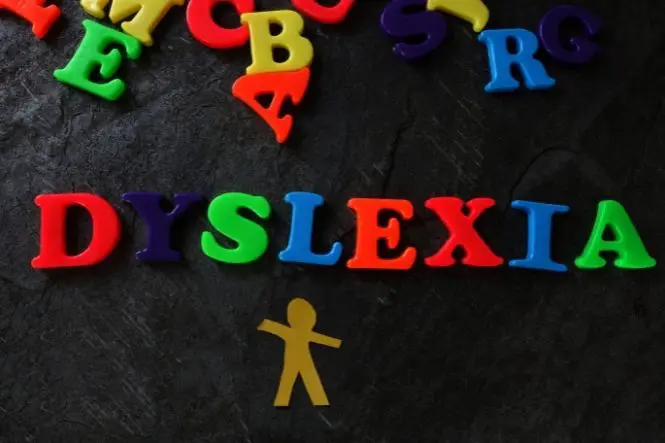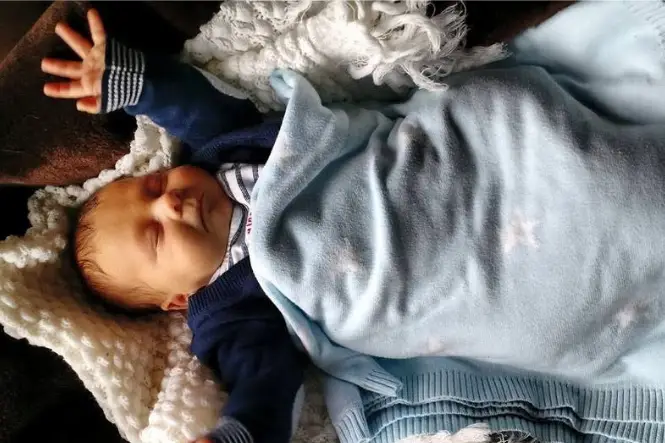Many think of Dyslexia as word blindness but it is much more than that. Dyslexia is also a problem that can occur when it comes to a child’s ability to do mathematical equations or they have problems differentiating between left and right. Indeed dyslexia is not just limited to children, adults can suffer from dyslexia, too.
If you suffer from dyslexia, it simply means that some words become jumbled or confused with others.
How can I Tell if My Child is Dyslexic?
In small children dyslexia can be difficult to spot because as they begin to learn to speak and read they can confuse words for other words or can pronounce words incorrectly. As they grow older, however, you may notice a distinct difference in how they speak and how they write.
Many children with dyslexia are very bright and show high aptitudes for a wide range of subjects. However, the problems become more recognizable if they have to read or write things down.
Common symptoms of dyslexia are:
- A history of dyslexia in the family
- Under achieving in school even though they are intelligent
- Confusion over directions, such as up/down, left or right
- An inability to manage their time
- Problems with spelling and mathematics
- Problems writing
What Causes Dyslexia?
It is difficult to actually quantify why people suffer from dyslexia, but scientists believe that it has something to do with how the brain processes neural signals. In some people, the process would appear to be reversed or operating in a different way, which means that dyslexia sufferers see words and numbers very differently from how people without dyslexia see them.
It is important to remember, however, that people with dyslexia usually have no other problems and can excel at physical and dexterous tasks such as art, football, gymnastics, and swimming etc.
What Should I Do if I Suspect My Child is Dyslexic?
The first thing to do – and this may sound altogether too obvious – is not to panic. Around 10% of all children suffer from dyslexia. If your child is dyslexic, there is help and support available and most children can complete their schooling just as non-dyslexia sufferers would.
If you suspect your child is suffering from dyslexia, you should consult with their teachers, who may well have noticed that they are having difficulties with mathematics or English. If this is the case, then your child’s teachers – in conjunction with your local education authority – will be able to help obtain the right schooling for your son or daughter.
Under reforms to the Education Act, provisions have been made for those children to have additional time and help with their school work to ensure they receive the best quality schooling they can.
Again, it is important to emphasise that dyslexia is not a problem that can prevent your child from having an education in line with non-dyslexia sufferers. Your child will receive the help they need at school – and from a learning mentor if need be – to enable them to flourish once they have left education and ventured into the world of work.






